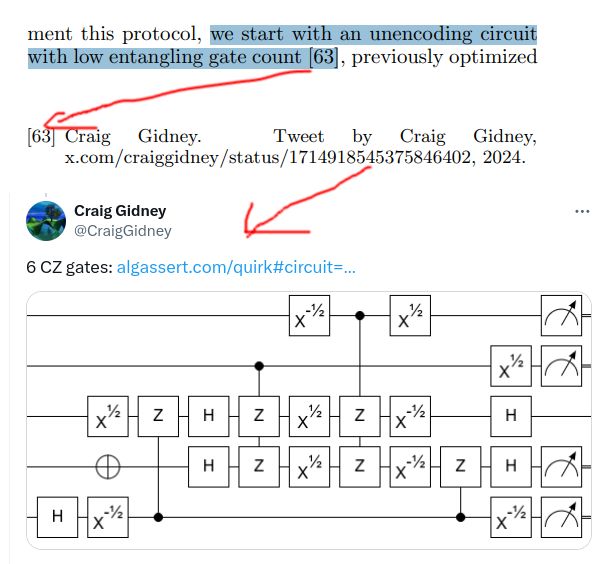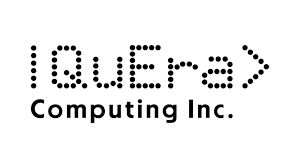...also I like that one of their circuits is sourced from a tweet.

...also I like that one of their circuits is sourced from a tweet.
Google quantum also showing impressive progress with the color code and dynamic surface code. Exciting times!
Google quantum also showing impressive progress with the color code and dynamic surface code. Exciting times!


